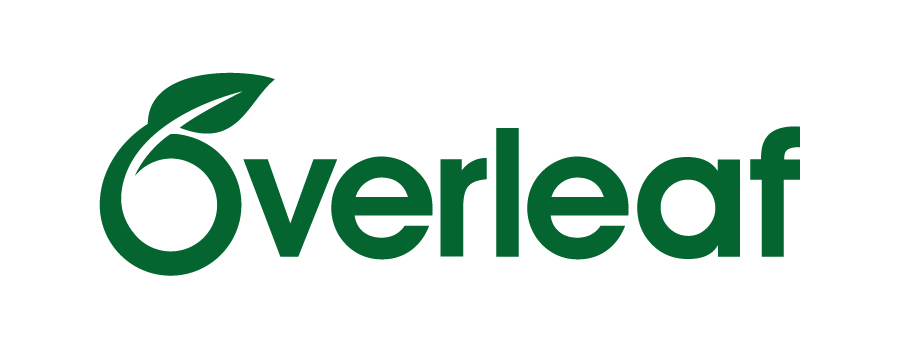Pilih karirmu! Pelatihan ”PLANS” bagi Siswa kelas XI Sekolah Menengah Atas (SMA)
DOI:
https://doi.org/10.22219/pjsp.v3i2.28375Keywords:
Pengambilan keputusan karir, perencanaan karir, self-efficacy, remajaAbstract
Adolescent is one of the crucial stages of human development, because at this age people are expected to be able to
make a lot of decision, as if career decision making. Appropriate subjects should be taken in the college which should
be in line with pupils’ career aspiration. Unfortunately, high school students are still confused and unsure because of
numerous factors. PLANS training is designed to enhance both individual knowledge and skill to plan their career. This
research conducted by using mixed method to 12 high school students within 16-17 years old, and who has low-middle
score in career decision making self-efficacy. We found that career decision making self-efficacy score in pretest was
lower than post-test score. In descriptive, after following the training, there are increased following aspects such as
self-awareness, set an achievable goals, and increase subjective motivation.
Downloads
References
Ardiyanti, D. (2014). Pelatihan “PLANS” untuk meningkatkan efikasi diri dalam pengambilan keputusan karier pada siswa SMA. (Tesis tidak dipublikasi). Fakultas Psikologi Universitas Gadjah Mada, Yogyakarta.
Ardiyanti, D., & Alsa, A. (2015). Pelatihan ”PLANS” untuk Meningkatkan Efikasi Diri dalam Pengambilan Keputusan Karir pada Siswa SMA. Gadjah Mada Journal of Professional Psychology, 23-33.
Bandura, A. (1997). Self-Efficacy: The Exercise of Control. New York: W. H. Freeman and Company.
Bullock-Yowell, E., McConnell, A.E.,& Schedin, E.A. (2014). Decided and Undecided Students: Career Self-Efficacy, Negative Thinking, and Decision-Making Difficulties. NACADA Journal, 34(1): 22-34.
Bollman, L. M. (2009). An examination of the effect of a career exploration course on the career decision self-efficacy of traditional-age undecided college students. Dissertation Abstracts International: Section A. Humanities and Social Sciences 70(6-A), 1936.
Gati, I., Ryzhik, T.,& Vertsberger, D. (2013). Preparing Young Veterans for Civilian Life: The Effects of a Workshop on Career Decision-Making Difficulties and Self-Efficacy. Journal of Vocational Behavior, 83: 373-385
Gushue, G.V,. (2006). The Relationship of Ethnic Identity, Career Decision-Making Self-Efficacy and Outcome Expectations
among Latino/a High School Students. Journal of Vocational Behavior, 68: 85-95.
Hou, C., Wu., L., & Liu, Z. (2014). Effect of Proactive Personality and Decision-Making Self- Efficacy on Career Adaptibility among CHinese Graduates. Social Behavior and Personality, 42(6): 903-912.
Kelly, R.R.,& Hatcher, T. (2012). Decision-Making Self-Efficacy and Barriers in Career Decision Making among Community College Students. Community College Journal of Research and Practice, 37: 103-113.
Kummerow, J. M. (1991). New Direction in Career Planning. California: CPP Book.
Rahmawati, Y., & Santhoso, F.H. (2020). Pelatihan ”Perencanaan Lanjut Studi (PLANS) terhadap Efikasi Diri dalam Pengambilan Keputusan Karier pada Siswa SMP. Gadjah Mada Journal of Professional Psychology (GAMAJPP), 6(1).
Santrock, J. W. (2002). Life Span Development: Perkembangan Masa Hidup. Jakarta: Airlangga.
Solberg, V. S., Good, G. E., Fischer, A. R., Brown, S. D., & Nord, D. (1995). Career decision-making and career search activities: Relative effects of career search self-efficacy and human agency. Journal of Counseling Psychology, 42, 448–455.
Taylor, K. M., & Betz, N. E. (1983). Applications of Self-Efficacy Theory to the Understanding and Treatment of Career Indecision. Journal of Vocational Behaviour, 63-81.
Wang, J. L., & Zhang, D. (2010). Group Training on the Improvement of College Student Career Decision Making Self Efficacy. Health, 551-556.
Downloads
Published
How to Cite
Issue
Section
License
Copyright (c) 2023 Yuli Rahmawati

This work is licensed under a Creative Commons Attribution-ShareAlike 4.0 International License.
Authors who publish with Psychological Journal: Science and Practice (PJSP) agree to the following terms:
- For all articles published in Psychological Journal: Science and Practice (PJSP), copyright is retained by the authors. Authors give permission to the publisher to announce the work with conditions. When the manuscript is accepted for publication, the authors agree to automatic transfer of the publishing right to the publisher.
- Authors retain copyright and grant the journal right of first publication with the work simultaneously licensed under a Creative Commons Attribution-ShareAlike 4.0 International License that allows others to share the work with an acknowledgment of the work's authorship and initial publication in this journal.
- Authors are able to enter into separate, additional contractual arrangements for the non-exclusive distribution of the journal's published version of the work (e.g., post it to an institutional repository or publish it in a book), with an acknowledgment of its initial publication in this journal.
- Authors are permitted and encouraged to post their work online (e.g., in institutional repositories or on their website) prior to and during the submission process, as it can lead to productive exchanges, as well as earlier and greater citation of published wor (See The Effect of Open Access).
This work is licensed under a Creative Commons Attribution-ShareAlike 4.0 International License.








